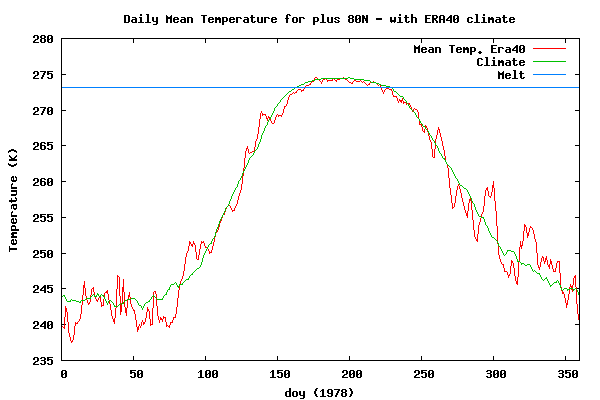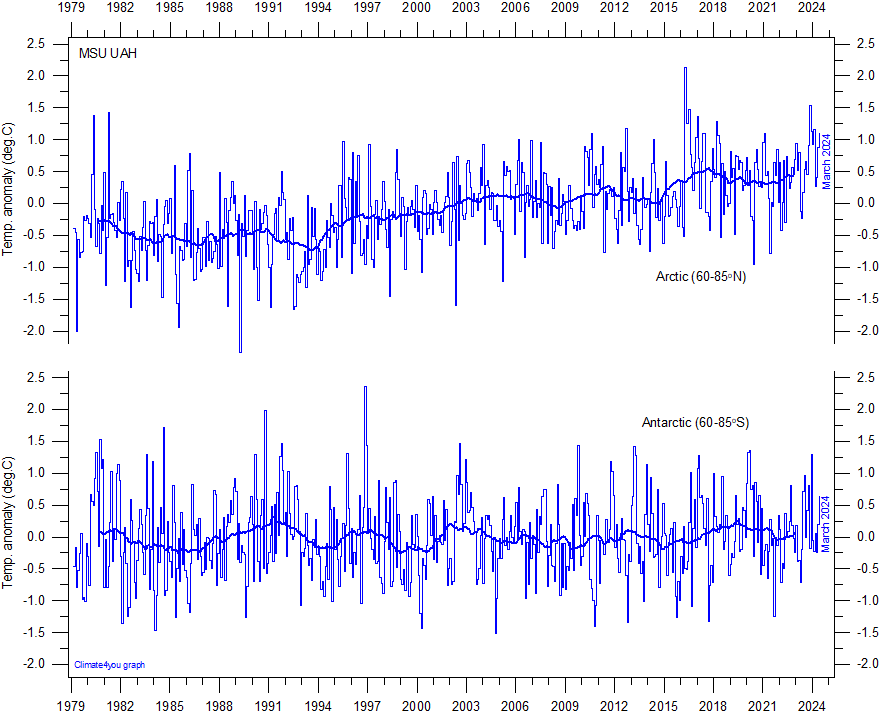Saturdays’ tragic collision over the Hudson River of a helicopter and a fixed-wing aircraft reminded me of an eerily similar occurrence some 20 years ago.
I had departed Kansas City’s Downtown Airport in a Piper Tomahawk; a low-wing aircraft not dissimilar to, though smaller than, the Piper Lance of last weekend’s tragedy.
Paralleling the Missouri River east, I came to KCP&L’s Hawthorn Power Plant and practiced a 180-degree banking turn by keeping the top of the facility’s huge smokestack aligned with a point on my port wing.
Coming out of the turn and backtracking west up the river, I saw a helicopter in the distance, below my altitude and to my left, on a northerly heading that would take it across my course.
Though it was obvious we would not collide, FAA regulations consider a “near-miss” to be two aircraft passing within 500-feet of each other and the situation thus required minor action: I added power, gaining altitude and, scanning for other aircraft in the vicinity, watched the helicopter—a Hughes 500C—dip his nose slightly and descend. I turned left a bit to pass behind him. We safely passed over 1,000-feet apart.
We were both actively watching for other traffic: I saw him and he saw me and everything turned out fine.
Now, I wasn’t at the scene on the Hudson River Saturday. Beyond the news reports I don’t really know what happened—though it seems human error was likely involved—and I am not going to pontificate on how the accident occurred or how it might have been avoided.
Here’s what Mark Phelps had to say in an article on Flying magazine’s online site:
The instrument-rated pilot of the Piper, 60-year-old Steven Altman, departed from nearby Teterboro Airport moments before the collision, after stopping to pick up his brother and his nephew.
There was some confusion between Altman and the Teterboro tower controller as to which route the Piper would take toward its destination, Ocean City in southern New Jersey. Ultimately, Altman said, "Tell you what, I'll take down the river."
That placed the Piper inside the Hudson River VFR [Visual Flight Rules] corridor, a narrow strip of VFR airspace that extends from the surface to 1,100 feet, and from the New York side of the river to the east and the New Jersey side to the west.
Altitude readouts for the Lance show it flying at just that height or about 100 feet lower until the collision moments later.
The helicopter, a Eurocopter AS350 operated by Liberty Helicopter Tours, had departed from the 30th Street Heliport and was in a climbing turn southbound as part of its planned 12-minute tour.
Along with the pilot, New Zealander Jeremy Clarke, 33, were five tourists from Bologna, Italy.
The right wing of the Piper separated after it contacted the rotor disc of the helicopter and both aircraft spun into the water with nonsurvivable impact.
Though the busy Hudson River corridor has been the scene of many aircraft accidents over the years, the accident last Saturday is the first collision in memory.
Eventually, the FAA will end up pointing a finger—though if experience is any teacher, it won’t necessarily point in the right direction. Let’s hope it does, this time.
I am a volunteer wildland firefighter. One thing that is constantly drummed into our heads during training is this phrase:
YOU are responsible for your own safety!
No matter what the fire-behavior expert, the weather-guesser or the Incident Commander says, it is up to you and you alone to pay attention to what is going on around you and decide whether it is safe to go where they want you to go or stay where they want you to stay.
Your safety—your life—is your responsibility; not the responsibility of some guy you’ve never met sitting 5 miles away in a tent dealing with radio traffic from hundreds of scattered firefighters; not the responsibility of some FAA traffic controller you’ve never met sitting miles away dealing with hundreds of flights daily.
Whether you are a firefighter, a pilot or a housewife driving in traffic, a moment’s lack of vigilance can cost you your life.









No comments:
Post a Comment